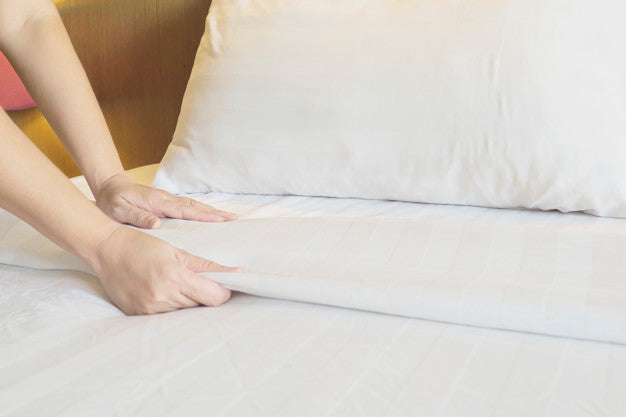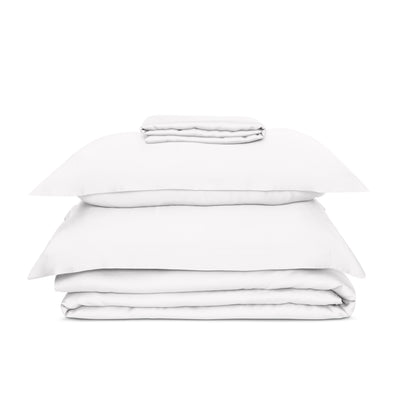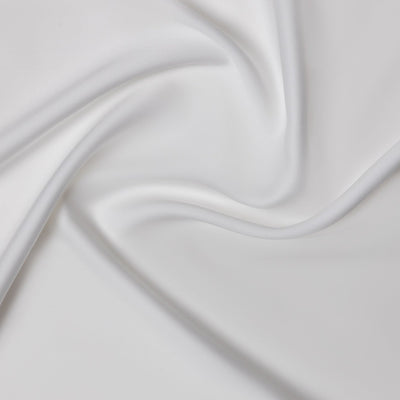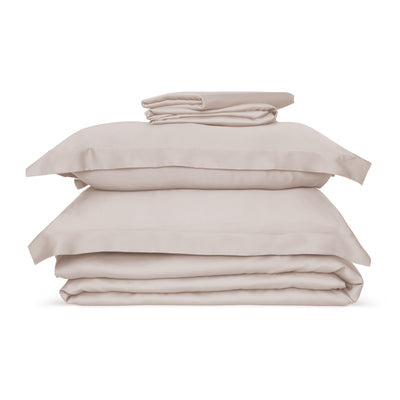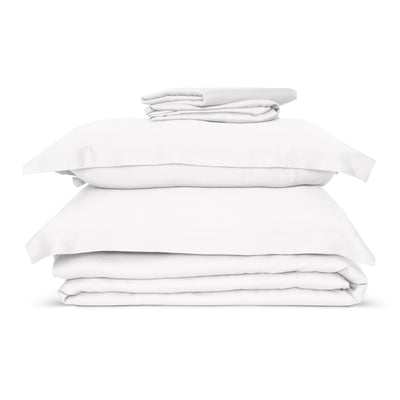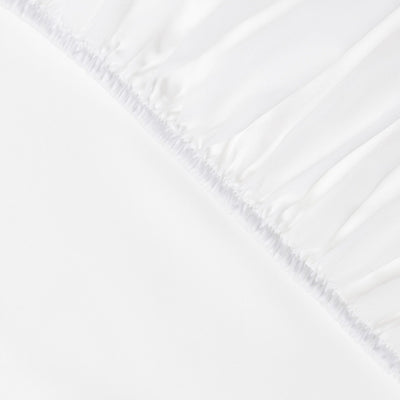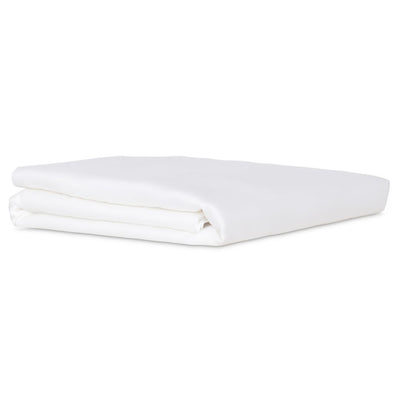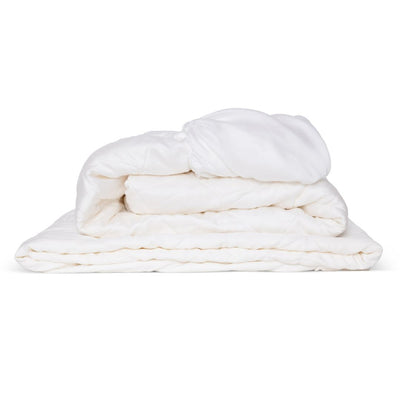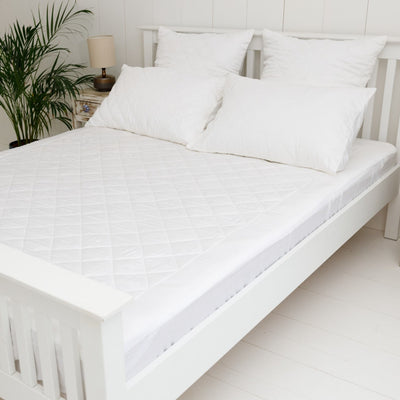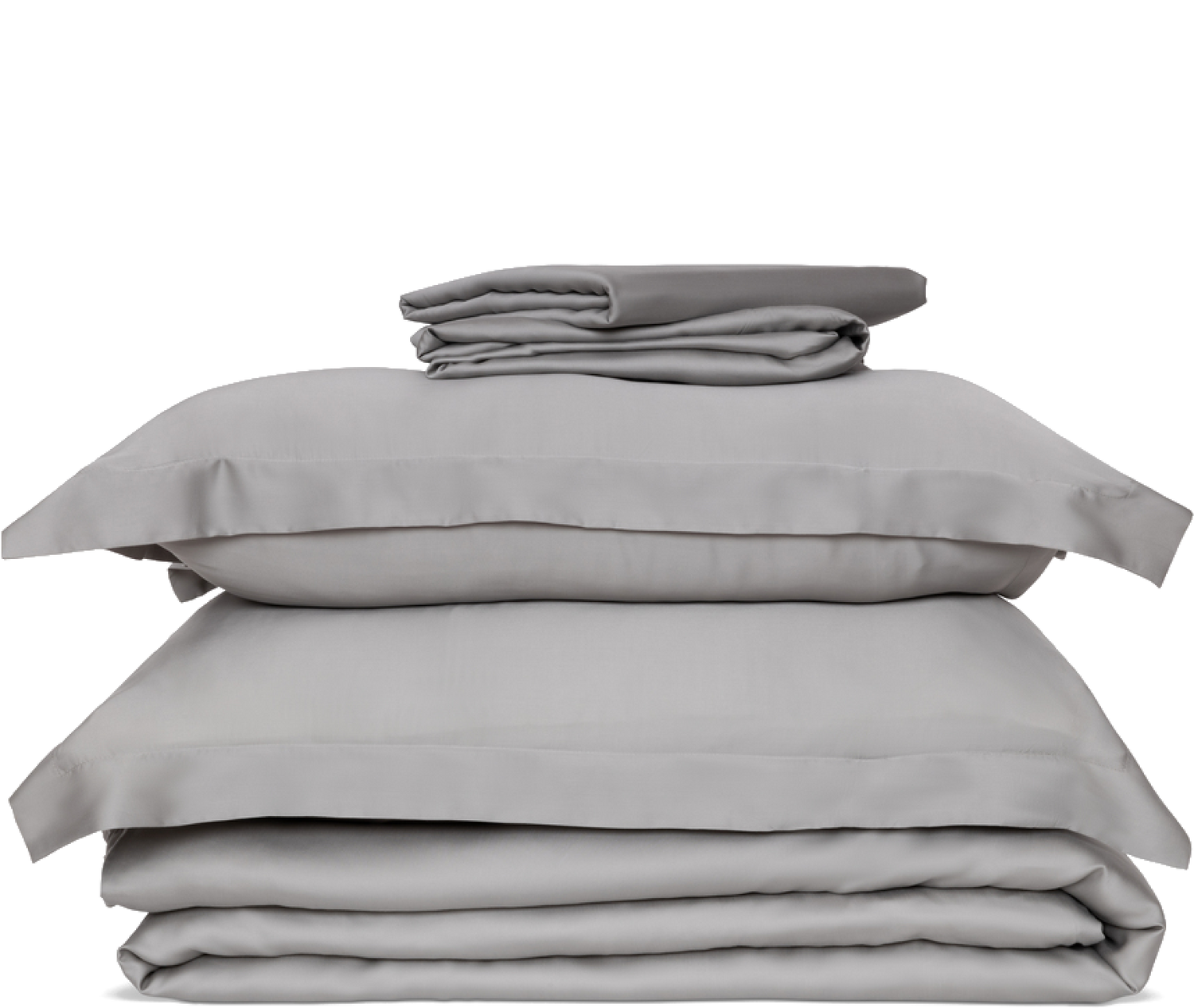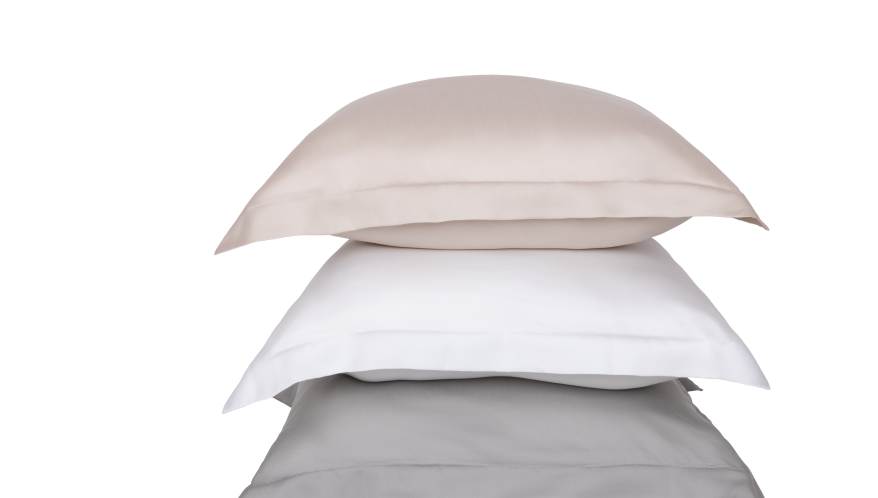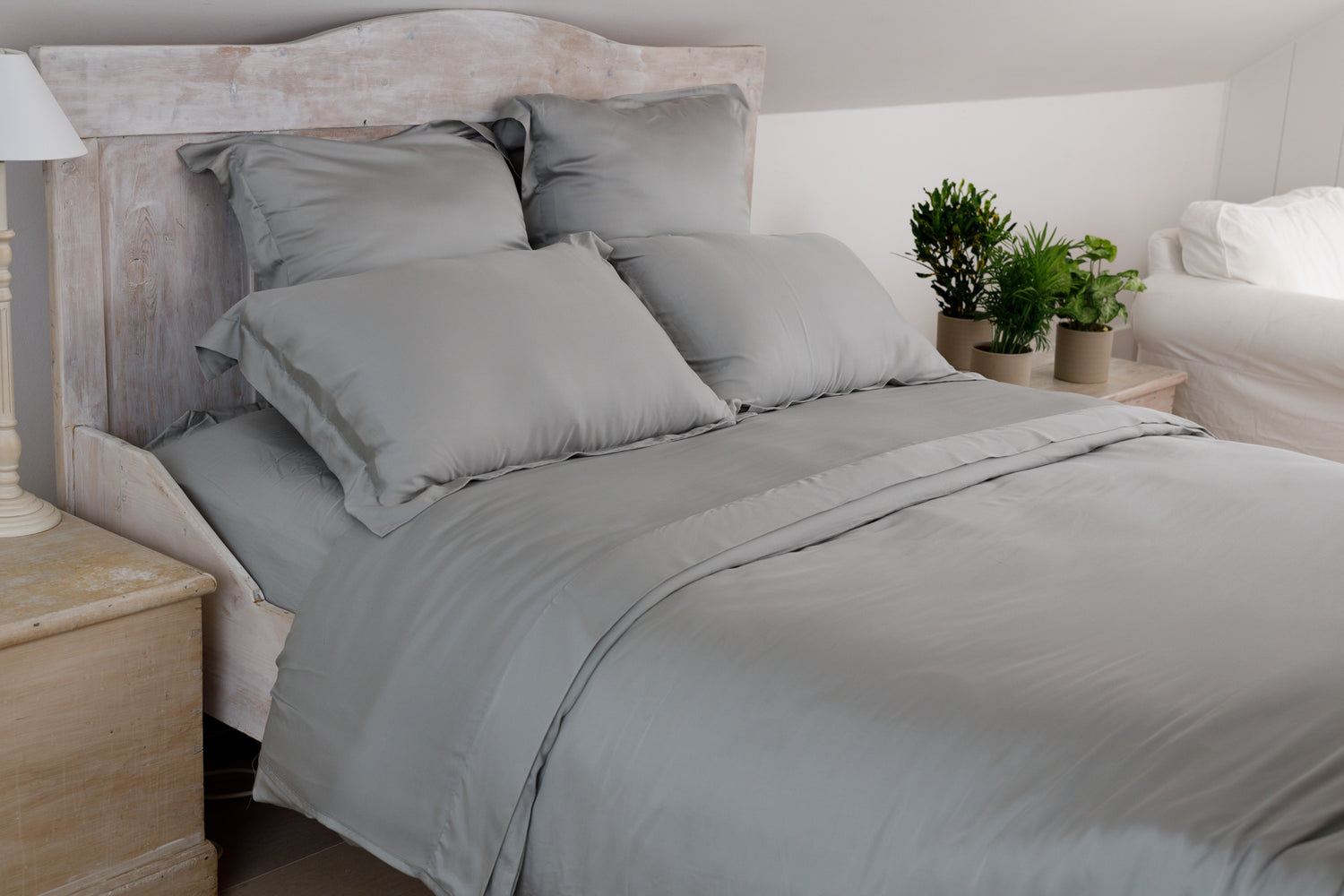Are your sheets getting old and worn? Or maybe it’s time to upgrade your bedding for a better night’s sleep. Either way, this article will assist you in selecting the best bedding for you. To start, here is a bedding guide detailing all the factors to consider.
Set A Budget
Of course, the cost is one of the primary factors in making a purchase. Instead of comparing prices between products, why not set a budget. Now you can objectively evaluate all products within that budget.
Get The Right Size
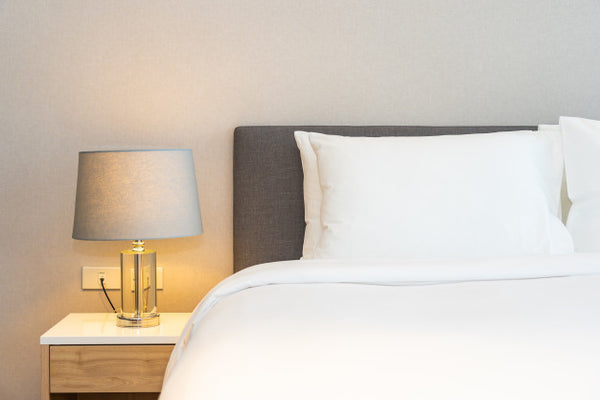
And we don’t just mean king, queen, twin, or single. Different manufacturers have different dimensions of these standard bedding sizes.
With differing definitions of “king-sized bed set”, the safest thing would be to get the exact dimensions of your mattress and buy sheets to fit. The last thing you’ll want is to take home your spanking new sheets and find they don’t work!
Go Eco-Friendly
There are plenty of sustainable textiles available that won’t break the bank. Not only will eco-friendly bedding help you sleep better at night knowing you made a responsible choice, but these materials are also usually much more comfortable and healthier than conventional bedding.
The most common bedding material (or the most common textile in the world, for that matter) is cotton.
Cotton farming is known to be destructive to the environment and has a terrible carbon footprint. In addition, cotton is a highly water-intensive crop that is often grown in developing countries that often have water shortages. Despite this, it takes 2,700 litres of water to make a single t-shirt, taking away the water supply of the local population.
It also uses around 6% of pesticides and 16% of insecticides globally. They are harmful chemicals that contribute to greenhouse gas emissions and create a huge carbon footprint.
In addition to that, these chemicals pollute the groundwater and pose a significant health risk for cotton farmers and nearby communities.
A study from the World Health Organisation revealed that about 20,000 individuals living around cotton farms suffer from malformations, cancer, and miscarriages.
Cotton is also land-intensive, with farms taking up land that can otherwise be used for agriculture. Cotton farming also results in soil salinization and depletes the soil of nutrients, making the land unsuitable for agricultural use.
Types of Bedding
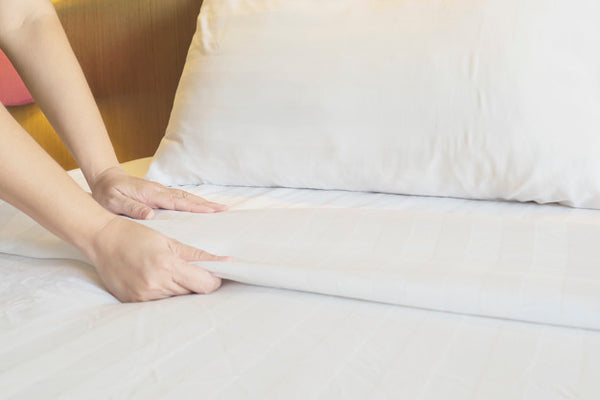
If you have chosen to go for organic and eco-friendly, congratulations, and as inhabitants of this planet, we thank you!
Here are a few sustainable materials you can pick from when deciding on good quality bedding sets:
Bamboo - Gaining rapidly in popularity, bamboo fabric is soft, breathable, cooling, moisture-wicking, and antibacterial. Bamboo is also sustainably harvested from fast-growing plants, leading to a smaller carbon footprint.
Linen - Woven from flax plants, linen is known to be durable, breathable, and absorbent.
Tencel - Remarkably soft, Tencel is harvested from the wood pulp of eucalyptus trees. It is breathable, antibacterial, moisture-wicking, and durable. In addition, the hardy eucalyptus trees require no pesticides or insecticides to flourish. They are harvested from cutting rather than uprooting and continue to provide material for many years.
Hemp - Eight times stronger than cotton, hemp plants naturally grow without pesticides or insecticides. They grow quickly, don’t require much water, and don’t take up too much land. Hemp fabric is very soft, highly durable, and will last for many years.
Organic Cotton - Using less water and no toxic chemicals, organic cotton is a way better alternative to conventional cotton.
Go Shopping!

Now you’ve got a rough idea of what to look for in a full bed set, you’ll find plenty of options in department stores and online retailers. We’d like to share a few things to note while shopping for your sheets.
Don’t Be Fooled By A High Thread Count
The thread count is the number of strands woven together per square inch. It is counted by adding the threads from length and width. For example, 100 lengthwise threads woven with 50 width wise threads will give a thread count of 150.
Traditionally, thread counts are used to determine the quality of the product. Unfortunately, this is no longer so. Unscrupulous manufacturers have found imaginative ways to inflate the thread count artificially.
A “ply” is a fibre that can be combined into a single thread. For example, 2-ply means a thread is made up of 2 smaller threads that are twisted together. Hence, a 2-ply, 200 thread count sheet is, in fact, only 100 threads.
The only time the thread count matters is on single-ply fabrics.
Look For Certified Products
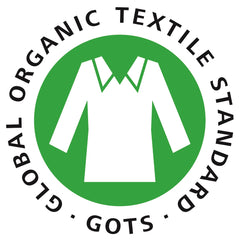
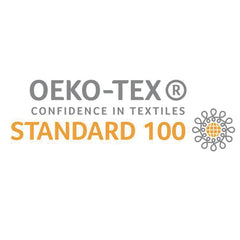
Two of the most common textile certifications are the Global Organic Textile Standard (GOTS) and Oeko-Tex Standard 100.
GOTS aims to ensure the certified organic status of textiles and applies to most materials. It includes the ecological and social manufacturing process and even monitors labelling to provide honesty to the consumer.
The Oeko-Tex certification means every product component has been tested for harmful substances and deemed safe for human use. The criteria for accreditation are strict and constantly updated with new scientific research.
Other certifications that would be nice are Fair Trade, Vegan Society, and Forest Stewardship Council (FSC).
Fair Trade ensures the product was produced in a socially responsible environment. If a product is certified vegan, that means no critters were used or harmed in the supply chain. The FSC guarantees the trees used are harvested responsibly and sustainably.
You’ll Need More Than One Set
Unless you aren’t planning to wash your sheets (eew!), you will need more than one full bed set.
Different colours could be an excellent way to switch it up a little.
Measure Pillows
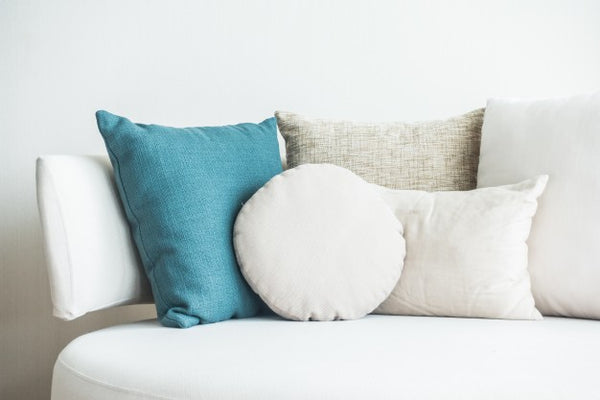
Like sheets, pillowcases come in different sizes. So if you’re shopping for a full bed set that will include pillowcases, it might be a good idea to measure your pillows and ensure a good fit.
Check Return Policies
Trying the product out at the store cannot beat actually spending the night on your new sheets.
Ethical companies will offer fuss-free returns within 100 days, so you can make your purchase with the peace of mind that you can return it if it doesn’t work out. They stand behind their products and usually have excellent return policies.

